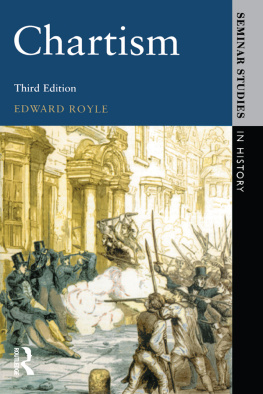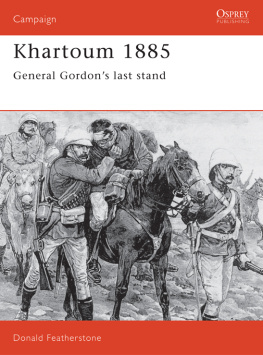THE EGYPTIAN CAMPAIGNS.
THE EGYPTIAN CAMPAIGNS
1882 TO 1885.
NEW AND REVISED EDITION,
CONTINUED TO DECEMBER, 1899.
BY
CHARLES ROYLE,
Late of the Royal Navy,
Barrister-at-Law, Judge of the Egyptian Court of Appeal.
ILLUSTRATED BY MAPS AND PLANS.
LONDON
HURST AND BLACKETT, LIMITED
13, GREAT MARLBOROUGH STREET
1900.
ALL RIGHTS RESERVED
PREFACE.
In the new and revised Edition of " The Egyptian Campaigns ," the history of the military operations in Egypt has been brought down to the present time, so as to include all the recent fighting in the Soudan. This has been accompanied by a slight alteration in the title of the Book, as well as by the elimination of such details contained in the original work as are no longer of general interest. The space thus gained has been utilized for the purpose of bringing before the reader the chief events of a military character which have occurred in the interval which has elapsed since the Book first appeared.
It has been the object of the Author to make the work in its present form a complete narrative of the rise and fall of the Arabist and Mahdist movements, as well as a history of England's intervention in Egypt, this last a subject on which many persons entertain somewhat vague and indistinct ideas.
C. R.
Cairo ,
December, 1899.
CHAPTER I.
EGYPTIAN FINANCE.
Towards the close of the year 1875, Ismail Pasha, then Khedive of Egypt, had about got to the end of his resources. His liabilities on loans, contracted either in his own name or in that of his Government, amounted to 55,332,609; in addition to this there was a "Floating Debt" of 21,334,960and 1,000,000due for the expenses of the war with Abyssinia. The Treasury Bills were being daily protested, the salaries of the Government officials were in arrear, and everything pointed to impending bankruptcy.
This was the situation when Ismail sold to the British Government the shares in the Suez Canal Company which he had inherited from his predecessor, Said Pasha.
By the transaction, which was due to the genius of the late Lord Beaconsfield, England made an excellent investment of capital. She also acquired an important interest in the great maritime highway to India, and indirectly in Egypt herself.
Attentive observers regarded what had taken place as only a prelude to a more intimate connection of England with Egyptian affairs, and the financial mission of Mr. Cave, an important Treasury official, undertaken about the same period, naturally strengthened this impression, notwithstanding Lord Derby's declaration that sending the mission to Egypt "was not to be taken to imply any desire on the part of Her Majesty's Government to interfere in the internal affairs of that country."
There is no reason to doubt the sincerity of the Foreign Secretary in the matter. The policy of Lord Beaconsfield's Cabinet, as well as that of Mr. Gladstone, which succeeded it, was originally one of non-intervention, and it was only the force of circumstances which led to its modification. England's first wish was that no Power should interfere in Egypt; her second, that in the event of interference becoming necessary, England should not be left out in the cold. When this is borne in mind, the attitude which Her Majesty's Ministers from time to time assumed in regard to Egyptian affairs becomes comparatively intelligible.











